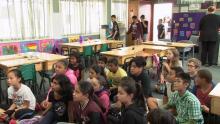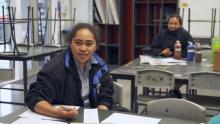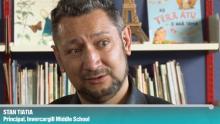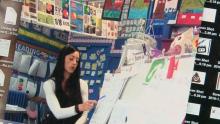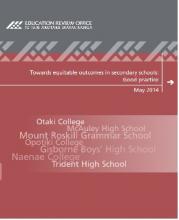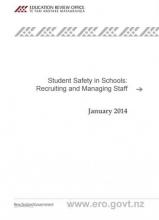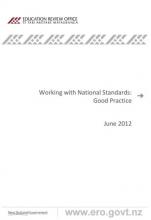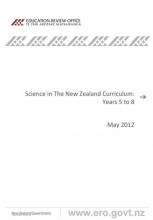Culture, language and identity
In response to student voice, this school sought external expertise to provide opportunities for the children to learn more about their identity, language and culture. For those involved, the opportunity to develop new knowledge and understandings is just the beginning of the journey.
